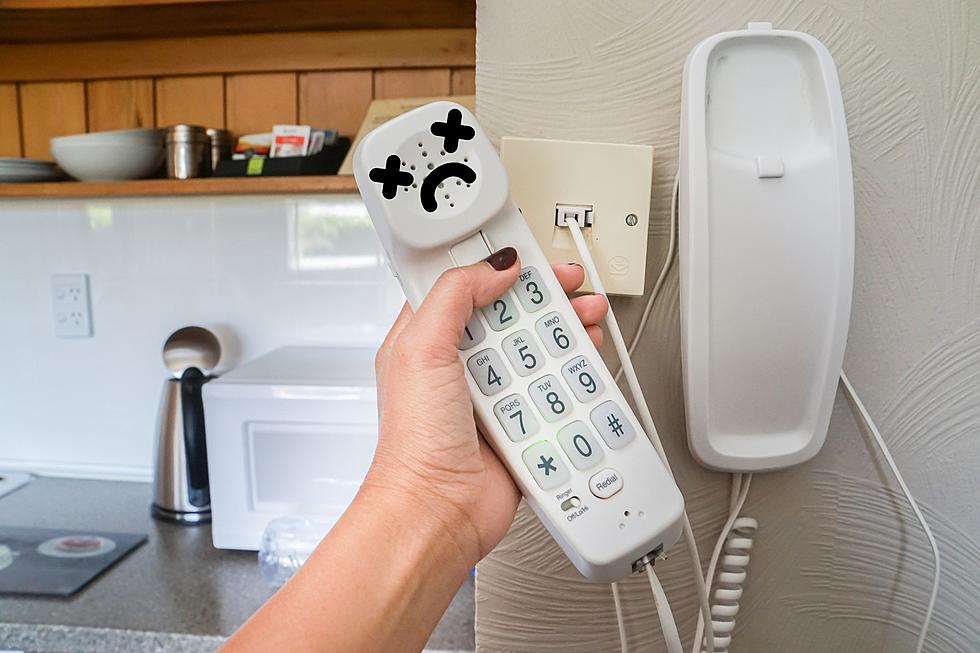
Michigan: It’s Time To Say Goodbye To Your Landline
I grew up in the country where my grandparents had a classic landline telephone with a super long cord that you could stretch across the kitchen just far enough that you could watch TV, even if you had to duck under it if you wanted to cook anything. Even now, that phone is still on the wall and is fully functional.
Sadly, it appears its days are numbered.
Out With The Old, In With the New
Phone service provider AT&T recently applied for a waiver that would allow them to stop providing service to copper-wired landlines in California, hoping to forgo the Plain Old Telephone Service (POTS) in favor of a new infrastructure that wouldn't be compatible with the current landline setup. An AT&T spokesperson told CNN that:
We've seen a precipitous decline in demand for telephone services provded over our copper networks.
For those who don't know much about phones, landlines have used copper wires to transmit the signals from phone to phone since phones were made back in 1881, but have switched over to digital transmission called Voice Over IP (VOIP) in recent years. It is the wired connection that AT&T and other providers are looking to remove. However, it could prove difficult.
Let's not kid ourselves here. Most people don't have a landline and haven't for a while. Most kids these days don't know anything but a smartphone world. Surprisingly, there are still an estimated 100 million landlines in service across the country, mostly used among small businesses, people aged 65 or older, and people living in rural areas. These latter two groups are the ones that could pose problems for AT&T's hopes of doing away with landlines, as landlines are crucial for places that do not have great cell service.
If AT&T's waiver is approved in California, they will be forced to offer alternatives to landlines like fiber optic cables or wireless technology. However, as things stand, your landlines are fine and that won't be changing anytime soon. Landlines are slowly but surely inching closer to having one final call with Death itself.
Payphones: How Many Are Left in Michigan?
7 Must-Have Cell Phones From The Early 2000s
Gallery Credit: Jahna Michal



